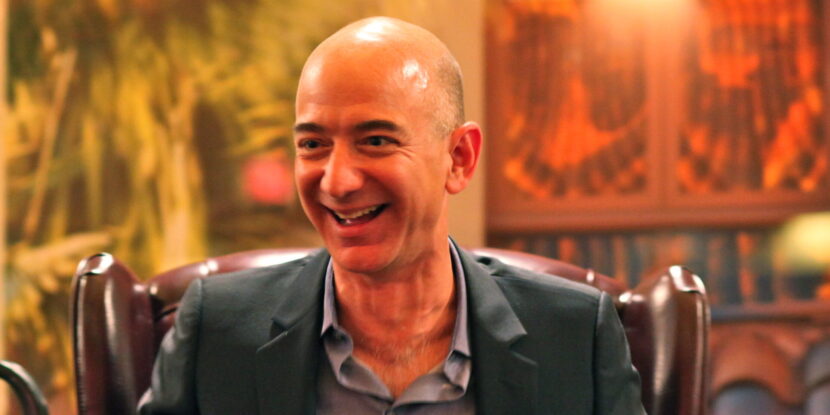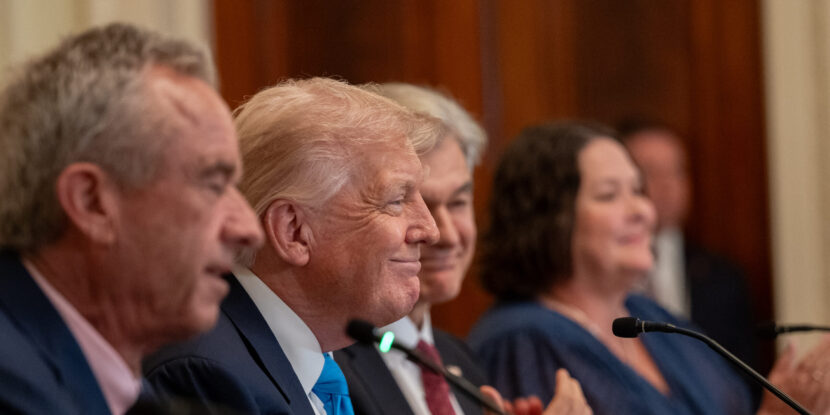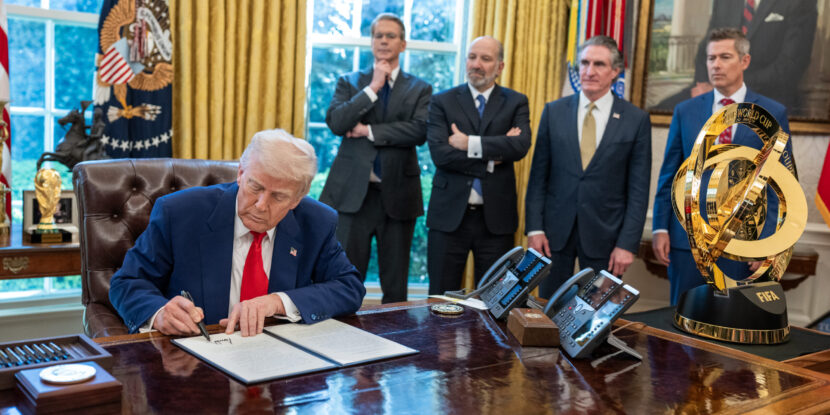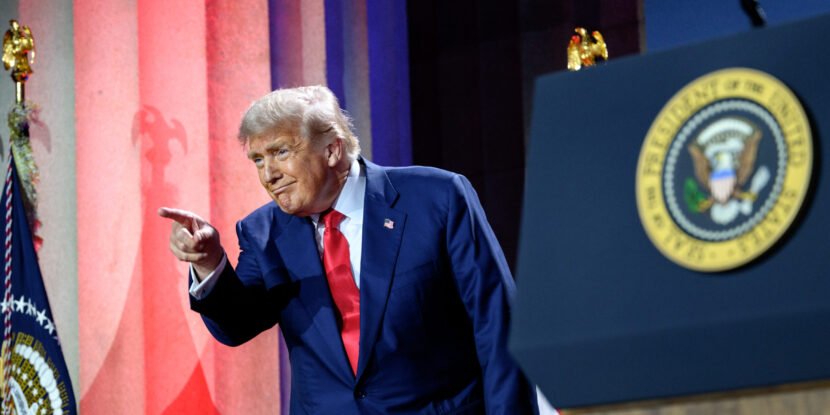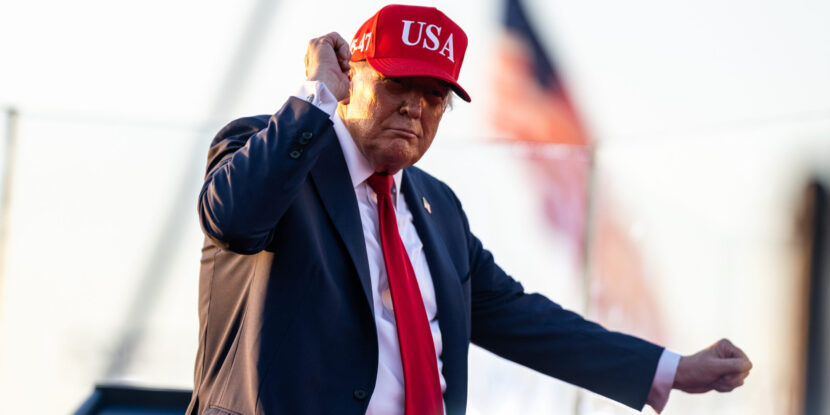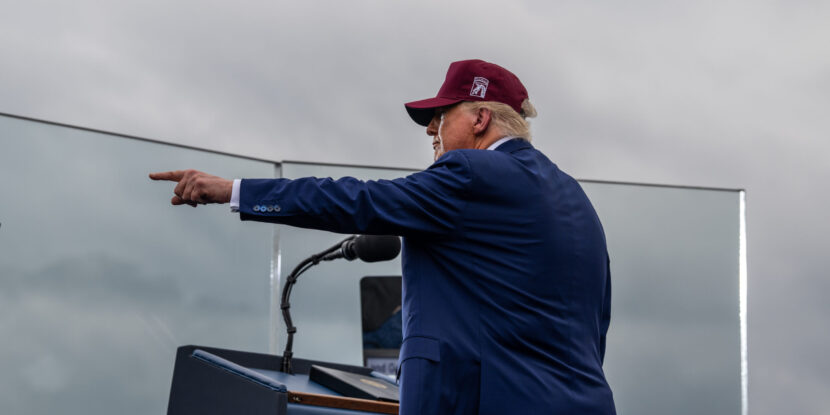❓WHAT HAPPENED: The U.S. government proposed changes to rules governing drone operations, aiming to make it easier for companies to conduct flights beyond the “visual line of sight.”
👤WHO WAS INVOLVED: U.S. Transportation Secretary Sean P. Duffy, the Federal Aviation Administration (FAA), Amazon, and other drone industry stakeholders.
📍WHEN & WHERE: Announced Tuesday, with public comments open for 60 days. The rule impacts drone operations across the U.S.
💬KEY QUOTE: “We are making the future of our aviation a reality and unleashing American drone dominance.” – Sean P. Duffy
🎯IMPACT: The proposal could streamline drone operations, expand their applications, and ensure the U.S. leads in drone technology innovation.
The U.S. government introduced new proposed regulations on August 5 aimed at expanding drone operations, a shift that could aid companies like Amazon in scaling up their delivery services. The proposal would eliminate the need for companies to obtain individual waivers to fly drones beyond the operator’s visual line of sight.
Transportation Secretary Sean P. Duffy revealed the plan, noting that the Trump administration is focused on “unleashing American drone dominance.” He emphasized that the new rules would help the U.S. surpass global competitors in drone innovation, including China.
Under the proposed changes, the Federal Aviation Administration (FAA) would allow drones to operate below 400 feet and beyond the operator’s direct view, without requiring prior approval. However, operators would still need to comply with several safety requirements: drones must have certified collision-avoidance systems, cannot exceed a weight of 1,320 pounds, and must be operated by certified individuals. Additionally, flights over large public gatherings would remain prohibited in order to mitigate security threats.
Amazon’s public policy team welcomed the proposed rules. In a post on X, they stated: “We applaud the [White House], [USDOT], [FAA] and Congress for their continued leadership in advancing a framework that supports safe, scalable drone operations like [Amazon]’s Prime Air drone delivery.”
To date, the FAA has approved 657 waivers for beyond-visual-line-of-sight (BVLOS) operations, including for Amazon’s Prime Air service in College Station, Texas. Yariv Bash, CEO of drone delivery company Flytrex, praised the proposal, calling it a “foundational milestone” for expanding drone-based logistics nationwide.
Bezos’s Amazon previously contributed $1 million to Trump’s inauguration fund, a move seen by many as an effort by the technology billionaire to repair his relationship with the America First leader.
Join Pulse+ to comment below, and receive exclusive e-mail analyses.
